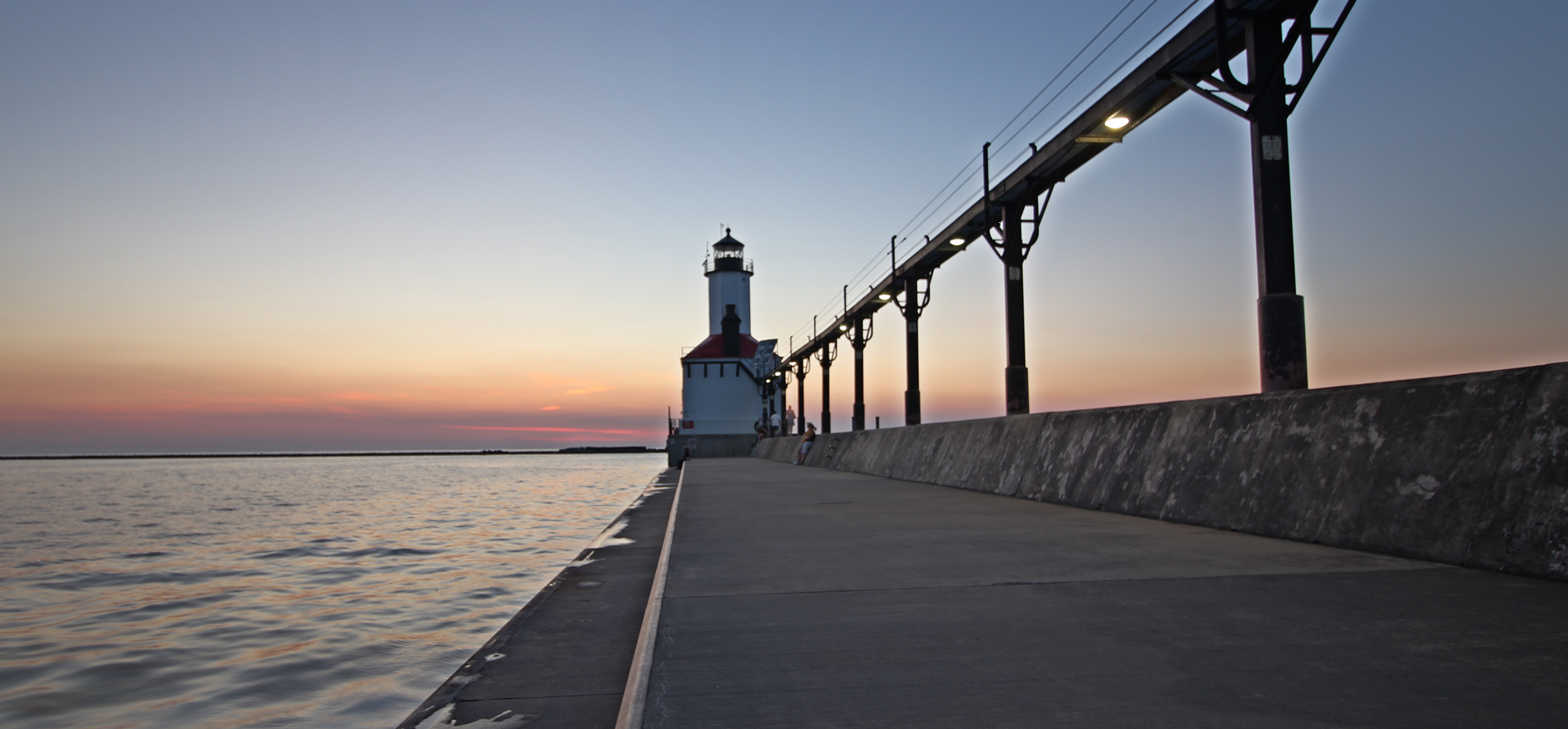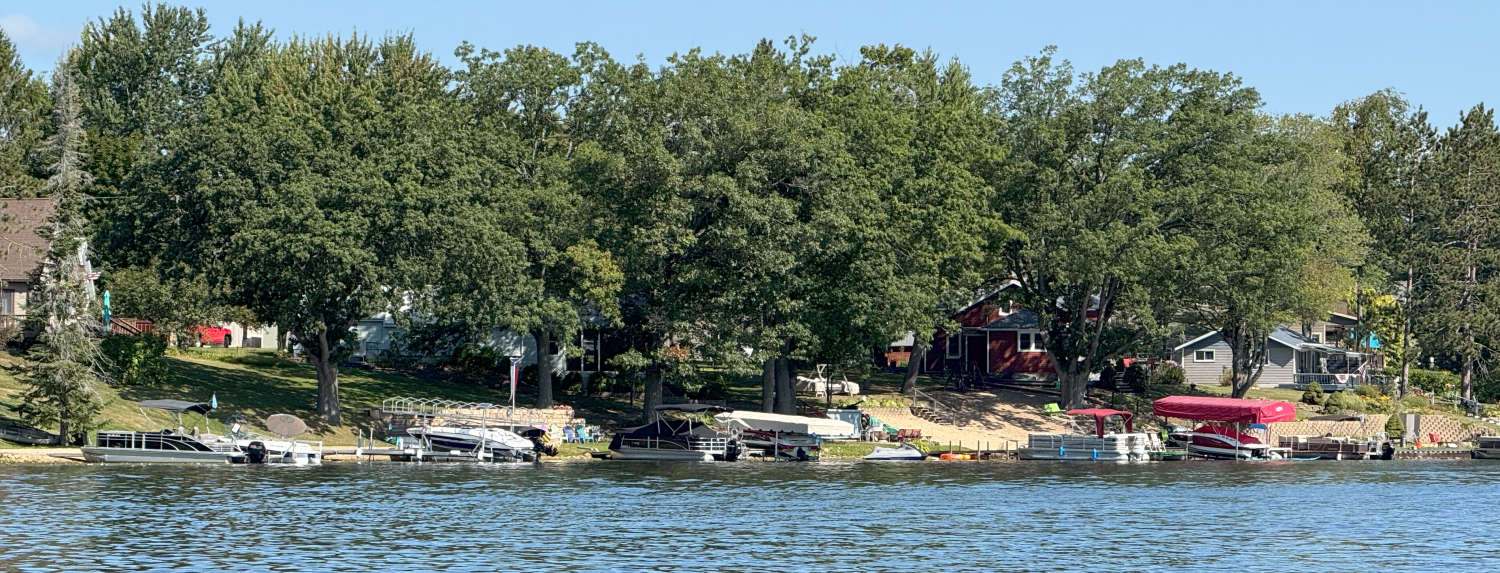
Watch our short video about Outside Legal Counsel PLC
Michigan has a lot of water--a whopping estimated 6 quadrillion gallons of fresh water. Michigan has four of the five Great Lakes which constitutes 90% of the United States' fresh surface water, and about 20% of the world's fresh surface water. It also as approximately 3,288 miles of Great Lakes coastline, more than 10,000 inland lakes and ponds and is interwoven by a 35,000-mile web of freshwater rivers, streams, and wetlands.

Owning waterfront property in Michigan comes with unique legal rights and responsibilities. These rights, known as riparian rights, are central to everything from dock placement and boating access to disputes with neighbors and local governments. If you live on — or are considering purchasing — lakefront or riverfront property in Michigan, understanding riparian law is essential.
At Outside Legal Counsel PLC, we represent property owners across Michigan in disputes and litigation involving riparian rights. This page is designed to give you a comprehensive overview of Michigan riparian law and explain how we can protect your interests.
Riparian rights are the special property rights that belong to landowners whose property touches a natural body of water, such as a lake, river, or stream. In Michigan, these rights are tied to ownership of waterfront land and include:
With so much shoreline, disputes are common. Questions often arise over:
Because riparian law is based on court rulings as well as state statutes, the rules can be complex. Having an attorney who focuses on riparian rights is critical when conflicts arise.

At Outside Legal Counsel PLC, we regularly handle riparian law disputes throughout Michigan. Common cases include:
Who can build a dock? How long can it be? Can a neighbor demand its removal? Michigan courts have repeatedly held that riparian owners have exclusive rights to construct and maintain a dock, subject to “reasonableness.”
Many inland lakes have subdivisions with “backlot” parcels. These owners sometimes claim rights to use lakefront property or install shared docks. We help riparian owners defend against unauthorized use and clarify legal access rights.
Townships and counties often attempt to regulate lake use through ordinances. While some regulation is valid, local governments cannot eliminate or unduly restrict riparian rights. We frequently challenge unlawful ordinances in court.
Where does your shoreline end? How do riparian boundaries extend into the water? Michigan courts use several legal tests to determine riparian boundary lines — a frequent source of litigation.
Michigan courts have consistently upheld riparian rights as a form of property right protected by the Michigan Constitution. Key principles include: